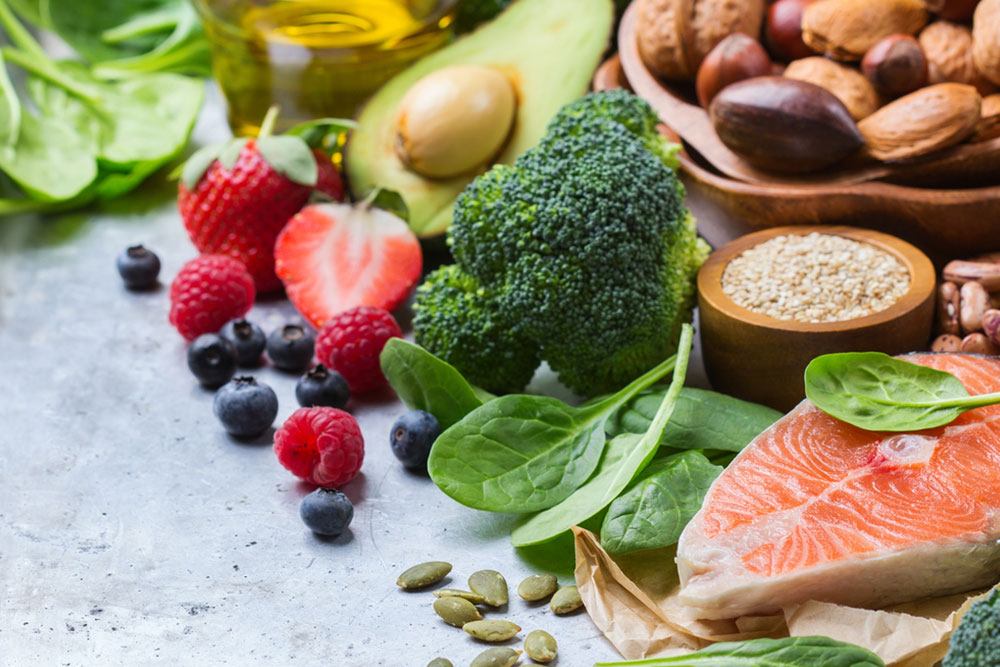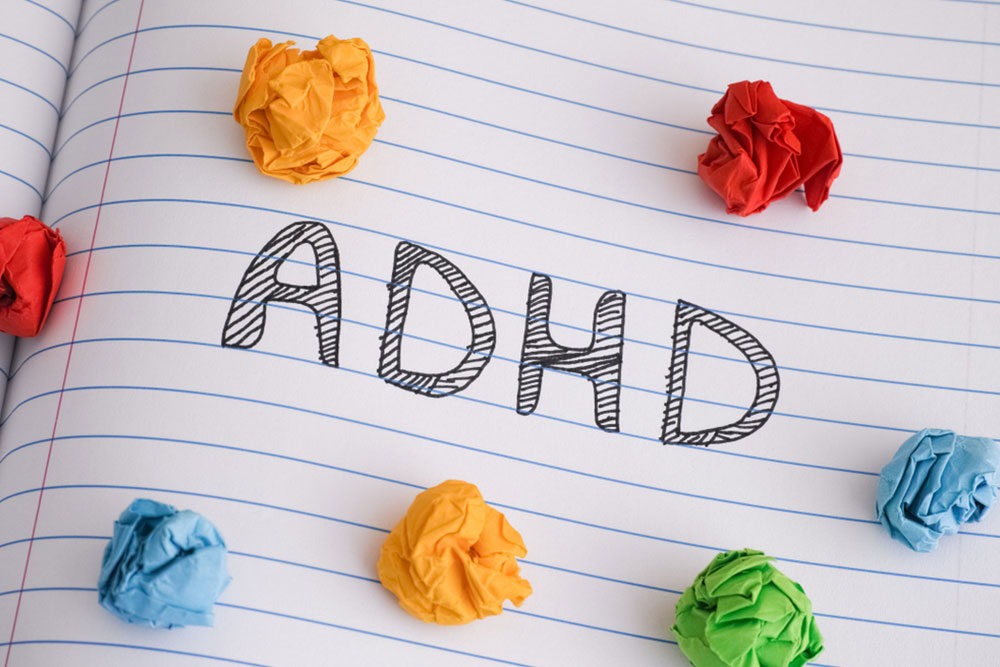Essential Foods to Avoid for Managing Bipolar Disorder
This article highlights key foods to avoid for those managing bipolar disorder, emphasizing the importance of diet in mood stabilization. It covers foods like grapefruit, caffeine, high-fat foods, alcohol, and refined carbs. Following these dietary guidelines, along with medical treatment, can help improve symptom control and overall mental health.

Foods to Steer Clear of When Living with Bipolar Disorder
Bipolar disorder is a mental health condition characterized by significant mood shifts, ranging from manic episodes to deep depression. Its complex symptoms can make diagnosis challenging. While there is no cure, treatment involving medication, therapy, and lifestyle adjustments can help manage symptoms effectively.
Diet plays a crucial role in controlling bipolar symptoms. Certain foods can exacerbate mood swings, while others might promote stability. Here are key foods to avoid to support mood regulation and mental health.
It's important to adopt a comprehensive approach that includes diet, medication, and other therapies for optimal management.
Foods to avoid for individuals with bipolar disorder include:
Grapefruit – Certain medications, especially anticonvulsants, can interact adversely with grapefruit and grapefruit juice, making it important to avoid this fruit.
Caffeine – Caffeinated products can cause irritability, restlessness, sleep disturbances, and nervousness. Gradually reducing caffeine intake can help alleviate symptoms.
Any form of dependency can worsen bipolar symptoms. Therefore, substance abuse should be avoided entirely.
High-fat foods – Foods high in unhealthy fats slow digestion and increase fatigue. They also hinder medication absorption, reducing effectiveness, so steer clear of fried foods and fast food like burgers and fries.
Alcohol – As a depressant, alcohol can severely impact mood stability. People with bipolar disorder are at a higher risk of alcohol dependence, making abstinence vital.
Red meats and trans fats – Consuming saturated fats and red meats can trigger mood instability and worsen related health issues such as heart disease and obesity.
Sugar – Fluctuations in blood sugar levels from high sugar intake can intensify mood swings and irritability.
Refined carbs – Junk foods rich in refined carbs can lead to weight gain and increased cravings for unhealthy foods, complicating bipolar management.









